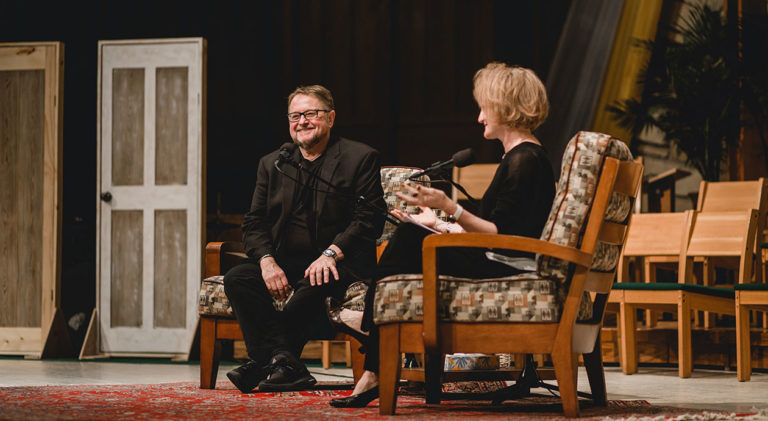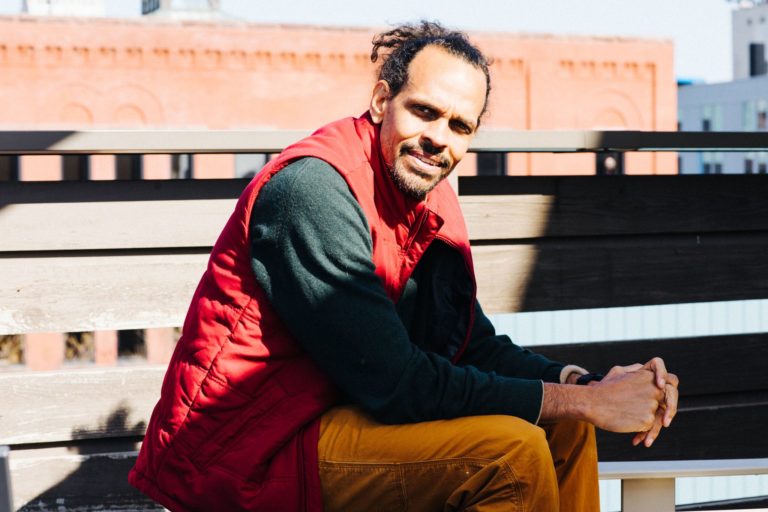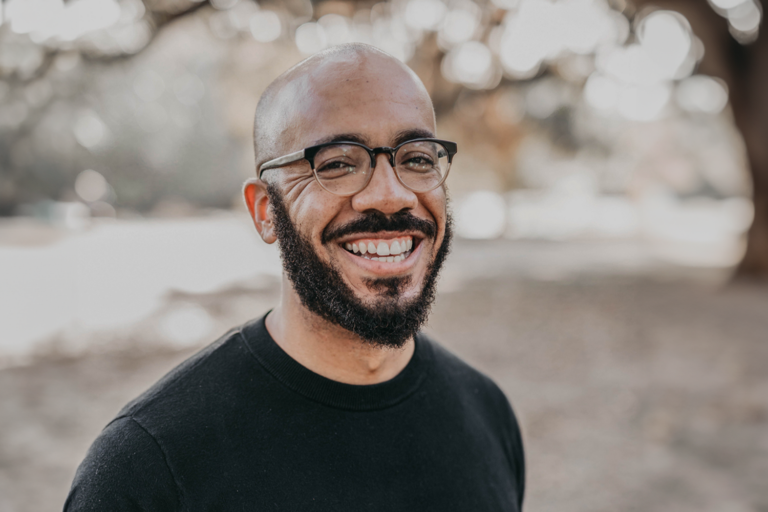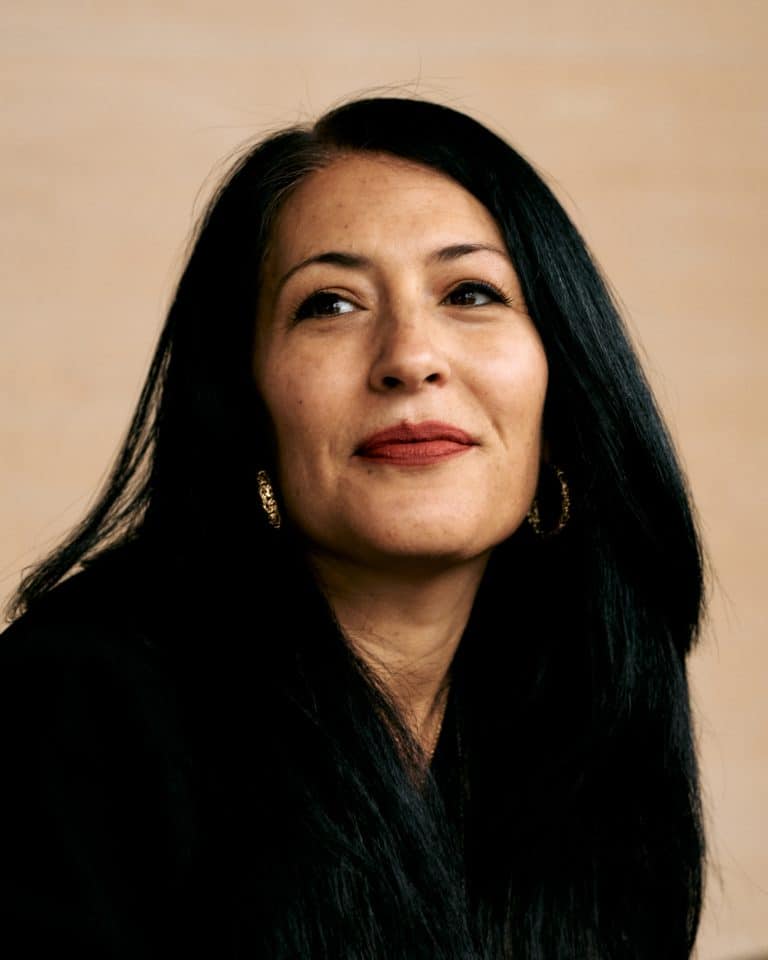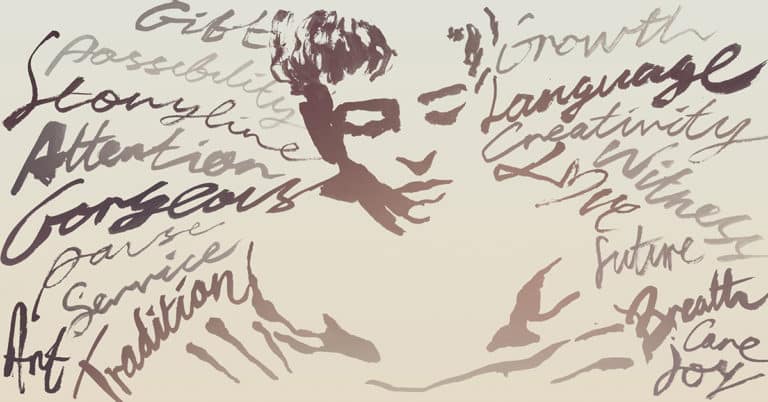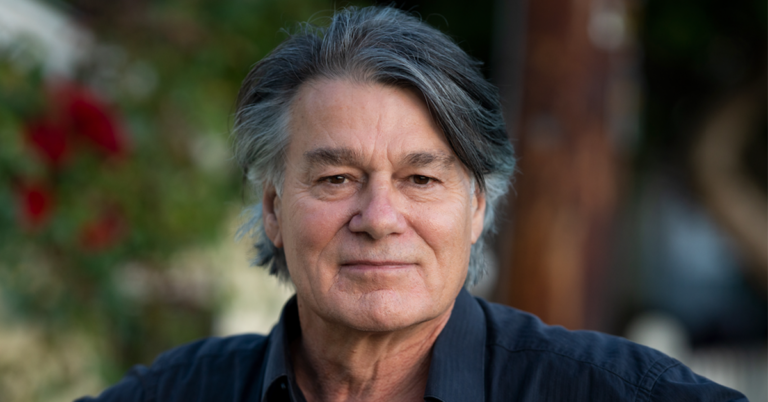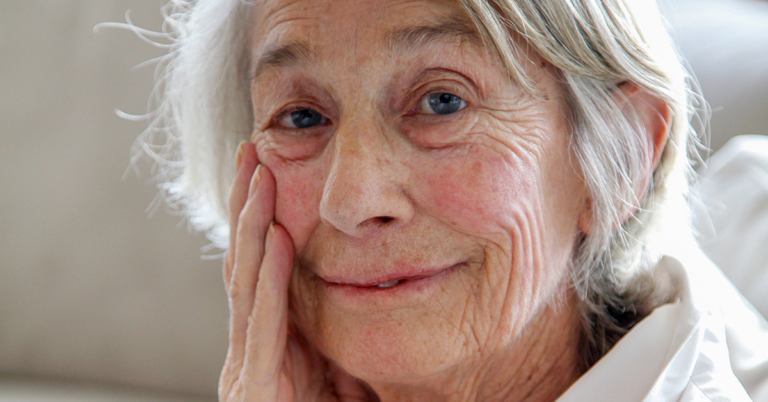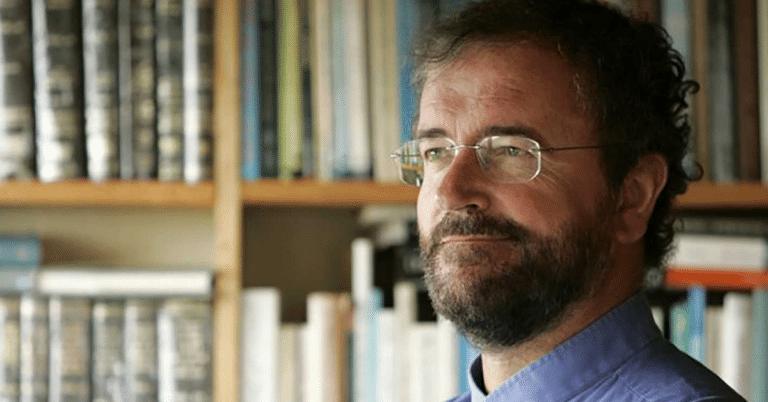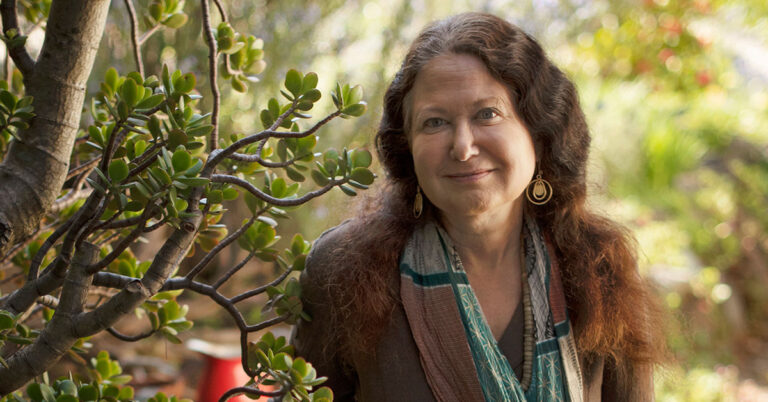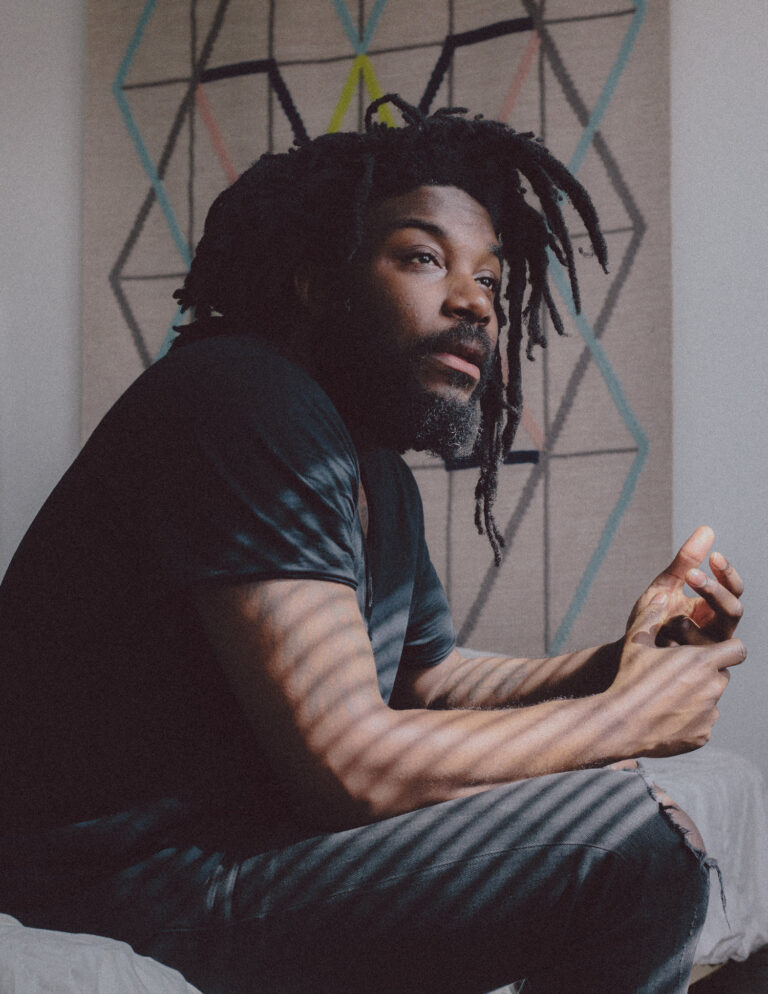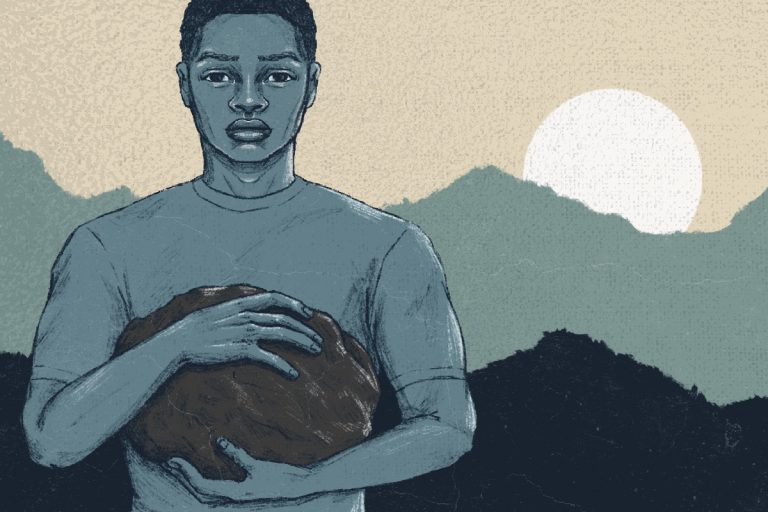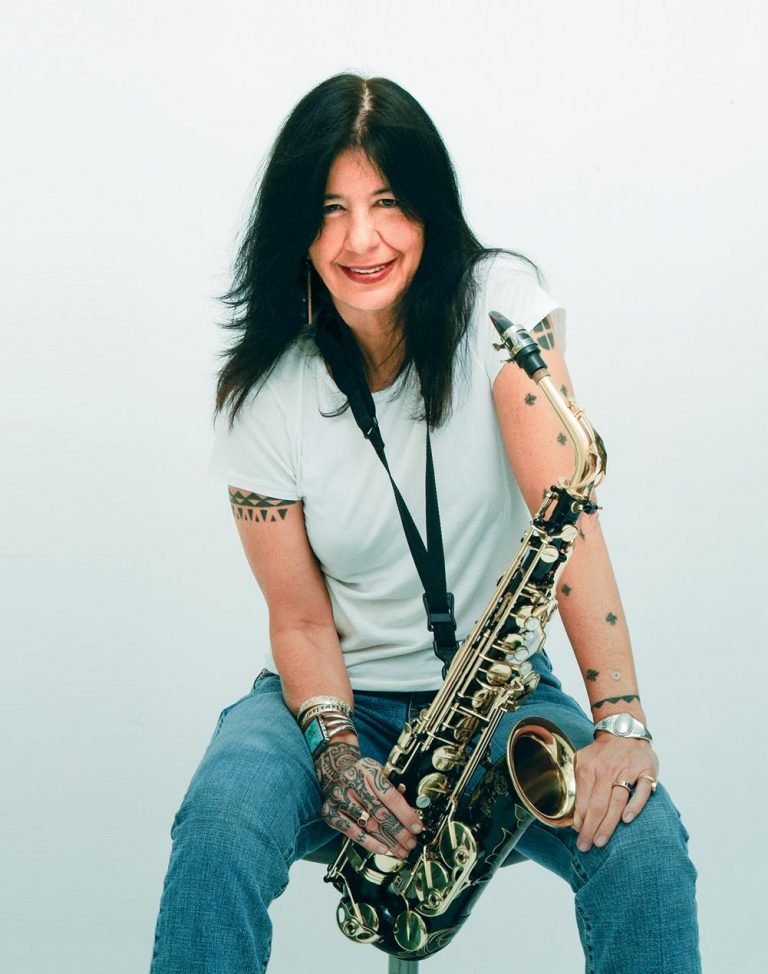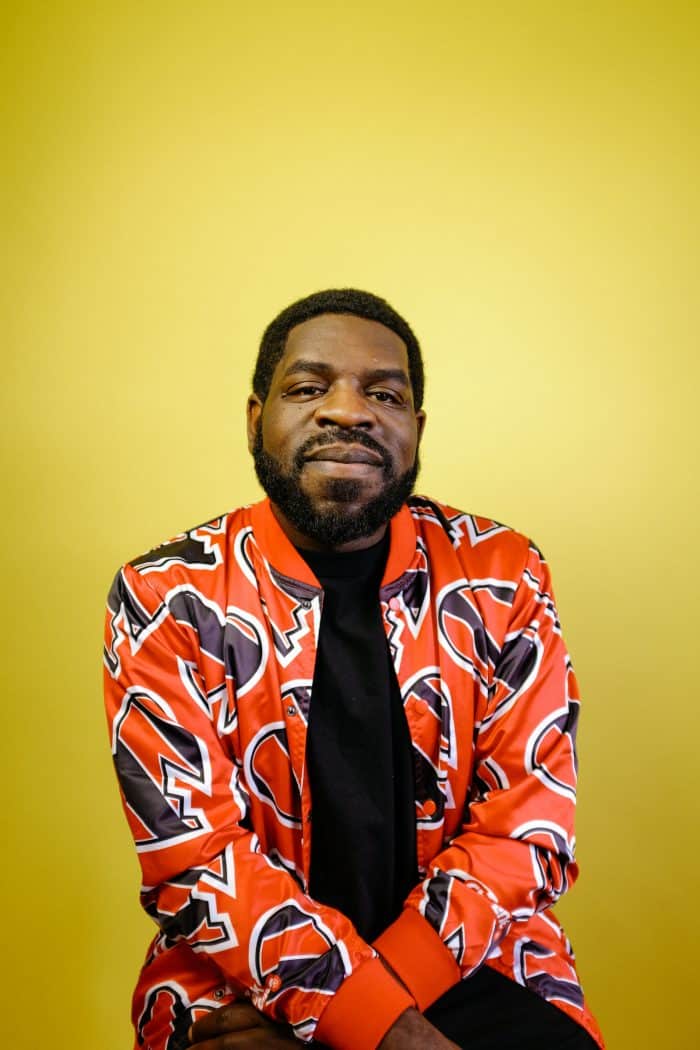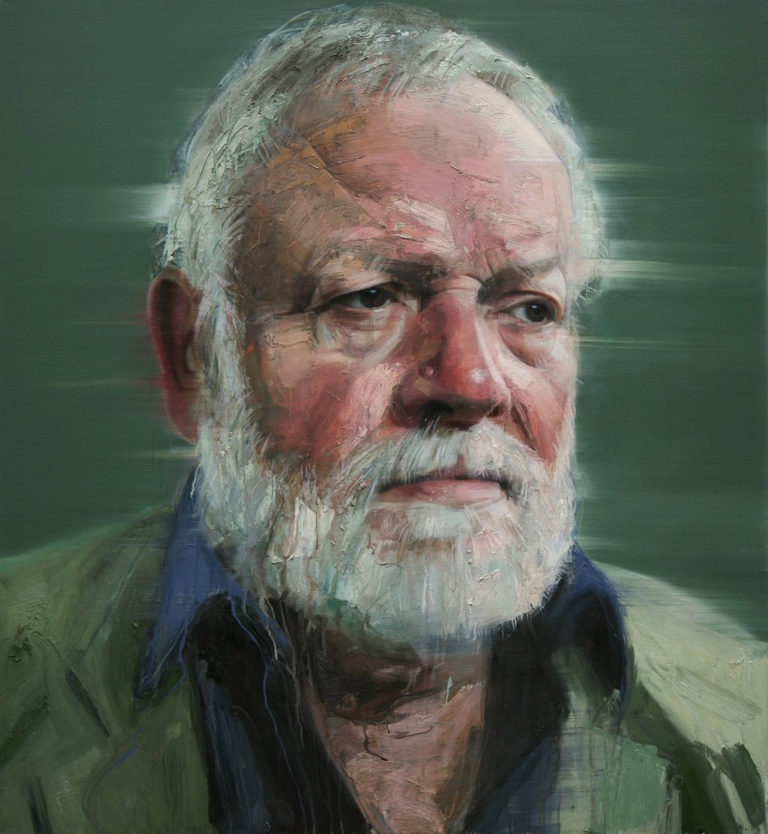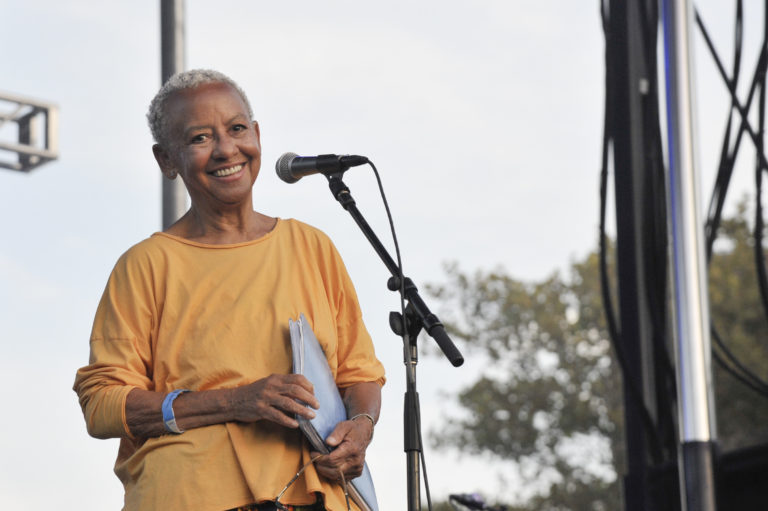We humans have this drive to erect barriers between ourselves and others, Luis Alberto Urrea says, and yet this makes us a little crazy. He is an exuberant, wise, and refreshing companion into the deep meaning and the problem of borders — what they are really about, what we do with them, and what they do to us.
The Mexican-American border was as close and personal to him as it could be when he was growing up — an apt expression of his parents’ turbulent Mexican-American divorce. In his writing and in this conversation, he complicates every dehumanizing stereotype of Mexicans, “migrants” — and border guards. A deep truth of our time, Luis insists, is that “we miss each other.” He offers a vision of the larger possibility of our time beyond the terrible tangles of today: that we might evolve the old illusion of the melting pot into a 21st-century richness of “us.” And he delightfully models that messiness and humor will be required.
